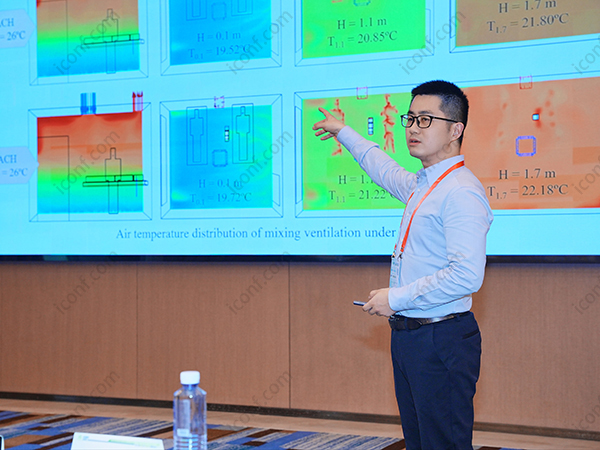

269 views||Release time: Aug 01, 2025
A Call for Papers (CFP) is a formal invitation issued by academic conferences inviting researchers to submit original work for presentation and possible publication. It marks the beginning of the academic publishing journey and plays a crucial role in shaping conference content and quality.

A Call for Papers outlines the goals, topics, deadlines, and submission guidelines of a conference. It is designed to attract high-quality research aligned with the conference’s theme.
A typical CFP includes:
Conference title and theme
Submission timeline
Paper formatting and length requirements
Topics of interest
Details on review and publication
Indexing information (e.g., Ei Compendex, Scopus)
Responding to a CFP is a key opportunity for researchers to:
Share new findings with peers
Get published in indexed proceedings
Gain academic recognition
Engage in professional networking
Qualify for awards, grants, or career advancement
Submitting to a high-quality conference enhances visibility and citation impact.
To make an informed submission, look for:
Indexing Status: Whether the proceedings will be submitted to major databases like Ei, Scopus, or Web of Science
Organizer Credentials: Academic institutions or societies with strong reputations
Paper Requirements: Word count, structure, and formatting guidelines
Deadlines: Submission, review, and notification dates
Publication Route: Conference proceedings, journals, or both
Avoid CFPs from unknown sources or conferences with unclear review processes.
Finding the right opportunity can be overwhelming. That's why iconf.com is a valuable tool for academics. It offers:
A curated list of reputable international conferences
Clear CFPs with deadlines, topics, and indexing details
Easy filtering by research domain or location
Researchers trust iconf.com to connect them with high-quality CFPs from verified conferences.
When submitting your paper:
Align your topic closely with the conference theme
Use the correct formatting template
Highlight the novelty and relevance of your work
Respect submission guidelines and deadlines
Prepare to revise based on reviewer feedback
A well-aligned submission increases acceptance chances and academic impact.
A Call for Papers is more than just a deadline—it’s an opportunity to contribute to your field, gain recognition, and build academic credentials. Understanding how to interpret and respond to CFPs is essential for every researcher.
To find credible CFPs and submit with confidence, rely on trusted platforms like iconf.com, where quality and indexing clarity guide your academic journey.